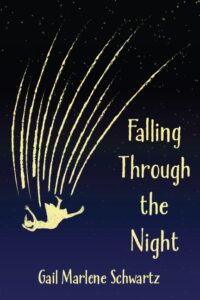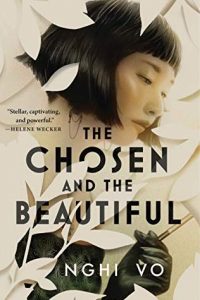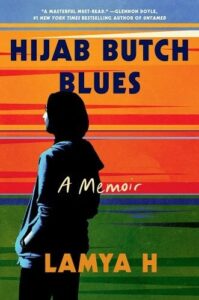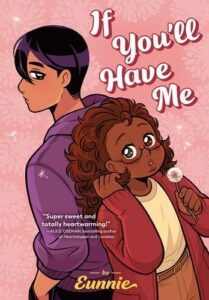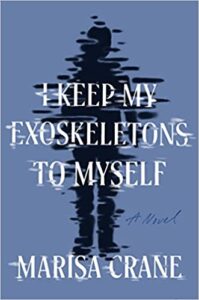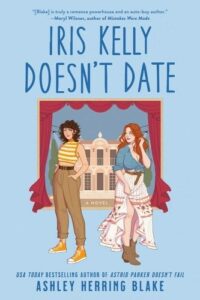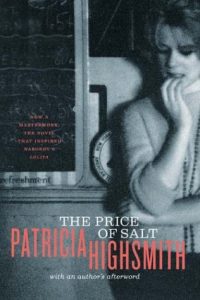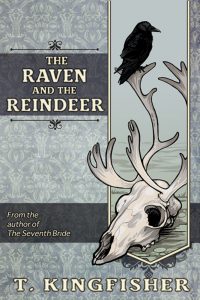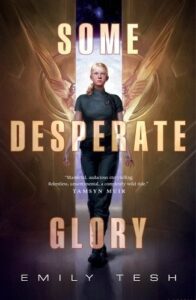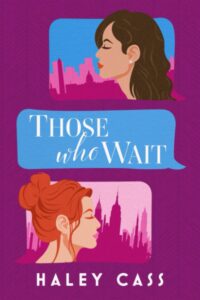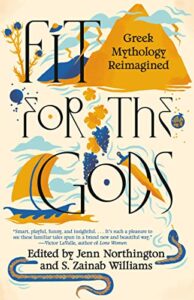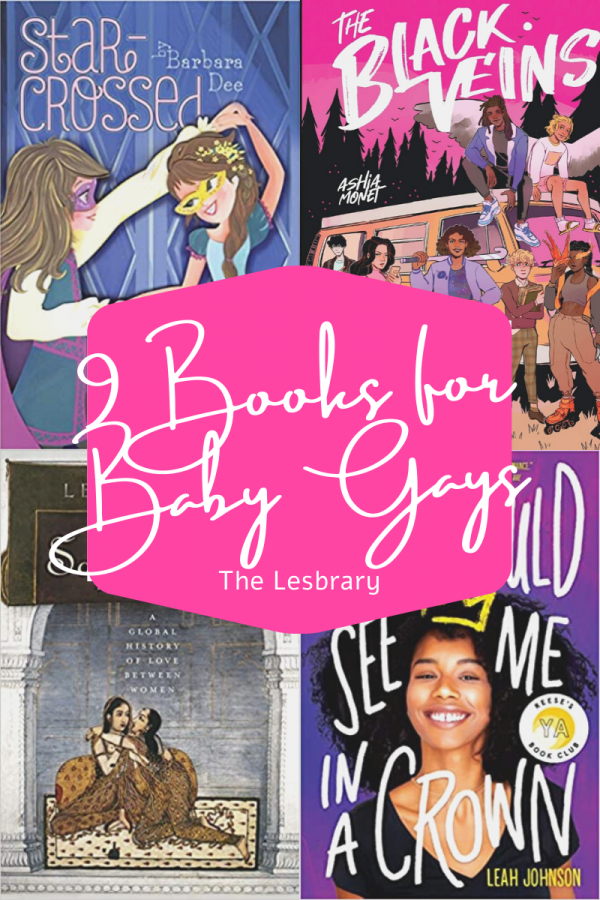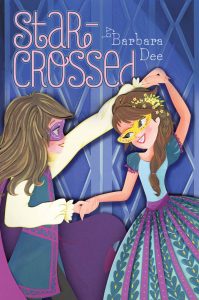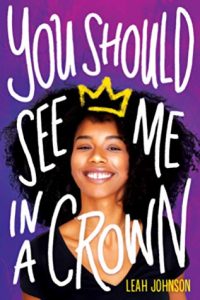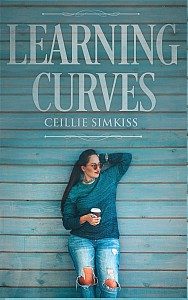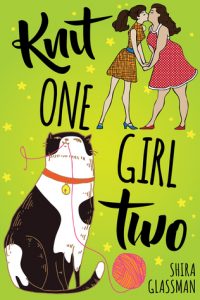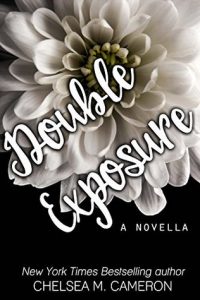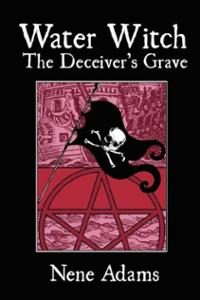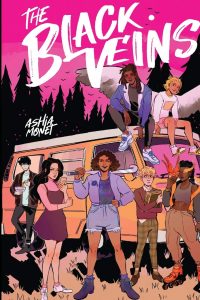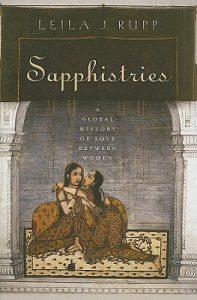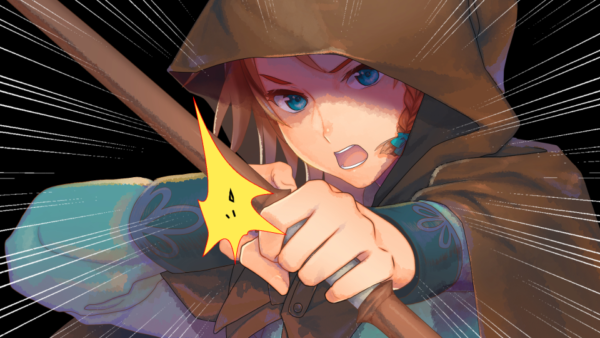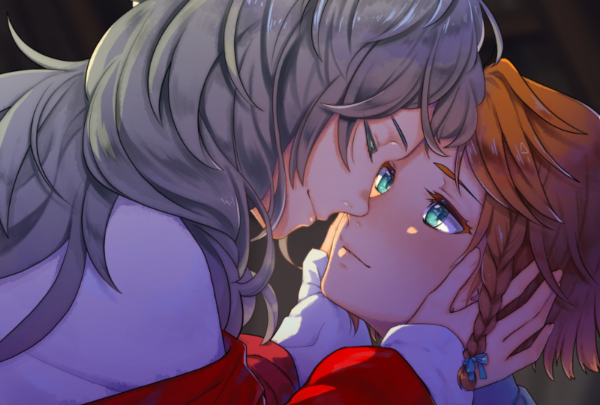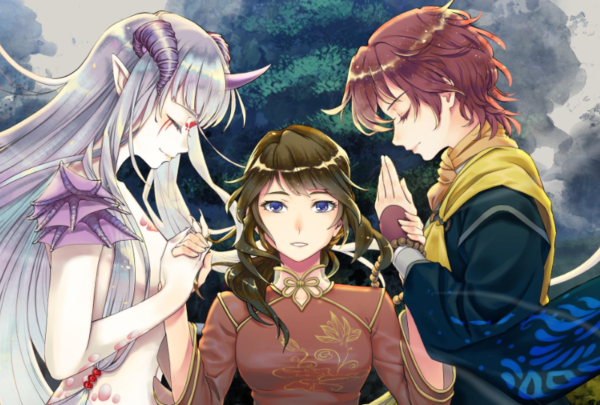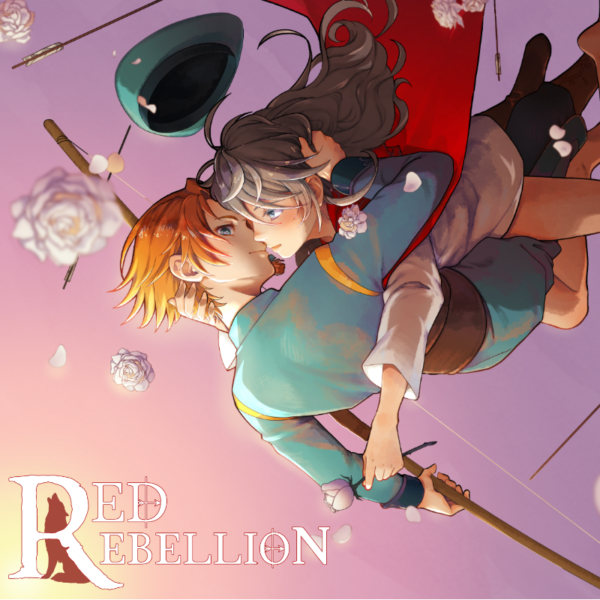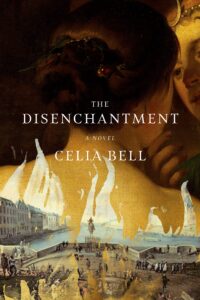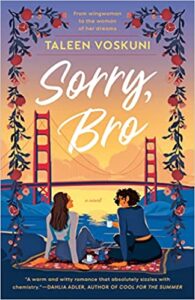Audrey Meyerwitz wants to fall in love and have a family. But for this queer 30-something insomniac who’s struggled with Generalized Anxiety Disorder since childhood, it’s a goal that’s far from simple. When best friend Jessica, a recovering alcoholic, helps introvert Audrey with a profile on SheLovesHer, Audrey takes that scary first step toward her lifelong dream. Through online dating, immigrating to Canada, and having a baby with Down Syndrome, she struggles and grows. But when Audrey unearths a secret about her mother, everything about her identity as a mother, a daughter, and a person with mental illness ruptures. How do we create closeness from roots of deep alienation? With humor, honesty, and complexity, Audrey learns that healthy love means accepting gains and losses, taking off the blinders of fantasy, and embracing the messiness that defines human families.
Blurbs:
Falling Through the Night is a breathtaking debut novel. Audrey is thoroughly relatable as a person dealing with mental health issues who is also full of talent, courage, creativity, and love. A page turner, the book engaged me as both a human with my own struggles but also as a therapist who understands the complexities of early childhood trauma and all the pain involved in healing. Audrey’s immigration to Quebec was a wonderful opportunity to experience that culture and the particularities of a young queer artist fumbling and learning as she adapts. A wonderful portrayal of a woman doing the personal work we all need to do to grow. Inspiring, engaging, and ultimately incredibly hopeful.
Glo Harris, therapist and corporate coach
The winning combination of Schwartz’s beautifully crafted prose and attention to detail allows the reader to journey with Audrey across two countries in her quest for a new family and a better life. Falling Through the Night shines a light on the ups and downs of anxiety disorder and spins a story where the LGBTQ protagonist learns to recognize and accept herself, but so does everyone else.
-Lori Shwydky, Publisher, Rebel Mountain Press
Falling Through the Night is a beautifully crafted and moving look at the ways in which anxiety and family issues intersect. The book is one part magical romance and two parts unflinching account of a queer woman’s messy journey. Audrey’s path is to create a healthy family despite and because of a past shaped by lies and haunted by a mother she never knew. The book could be described as a page-turning beach read, as we are privy to the whirlwind, sweet, and romantic lesbian love story at the heart of this book. But Falling is so much more than that–it is also a deep dive into family, friendship, addiction, and mental health, at times leaving the reader breathless with all the complexity and beauty that is life.
Dr. Jennifer Marlow, author and Professor of English, College of St. Rose

Find out more about Falling Through the Night at Demeter Press!
This is a sponsored post. For more information, check out the Lesbrary’s advertisement options.

